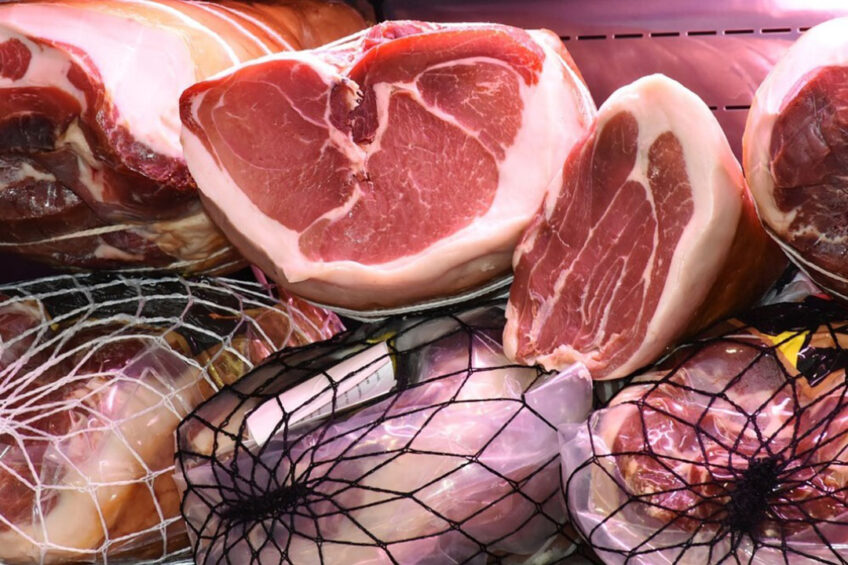Pork consumption declines in Kazakhstan

Despite overall growth in meat consumption in Kazakhstan, the demand for pork slightly declined in the first quarter of 2022, the Kazakh national statistical bureau estimated. A further decline in domestic demand could reportedly jeopardize state support allocated to pig farmers.
The domestic consumption of chicken meat jumped by 18.3% year-on-year to 1.2 kg per capita, while the demand for beef increased by 6.4% to 6.4 kg per capita. On the other hand, the domestic consumption of pork decreased by 0.7% compared to the first quarter of 2022 to 818 g.
Kazakhstan is one of the few countries in the world breeding pigs with a dominantly Muslim population. Over the past few years, government officials questioned the need for pig farms in the country, citing low demand for pork.
Falling production
Pig production in Kazakhstan has been hindered by a mix of factors over the past few decades.
Anatoly Zloy, chairman of the Kazakh Union of pig farms, estimated that the number of pigs in the country dropped from 3.2 million in the early 1990s to only 980,000 heads last year. He added the largest pig farm, Volysnky, commissioned during Soviet times is designed to keep 120,000 heads, but now its pig population is limited to 30,000 heads.
Insufficient state aid
As estimated by Zloy, the government allocated 900 million tenges (US$1.9 million) to support pig farmers last year. This makes only 0.8% of the overall funding of the livestock industry development programme. He added that lamb producers on average have 708 tenges (US$1.5) of subsidies per kg, beef producers 759 tenges (US$1.6) per kg, while pig farmers can get only 38 tenges (US$0.08) per kg.
Cheap populism
However, some Kazakh officials have recently called to abandon any state aid for pig farmers, claiming that pig breeding contradicts Muslim rules and that it is in extremely low demand on the market.
“…as many as 5 million Kazakh citizens consume pork.”
“Recently, some Kazakhstani media personalities criticized state support for pork producers and the development of the pig industry. I believe that such statements violate some of the provisions of our country’s legislation, in particular regarding freedom of choice. We are convinced that such statements should be based on real calculations and indicators, and not on cheap populism,” Zloy said.
On the other hand, Zloy reported that currently, as many as 5 million Kazakh citizens consume pork.
Export prospects
Kazakhstan can export nearly 300,000 tonnes of pork per year, worth US$1 billion, Zloy estimated, admitting that a change in the government’s course is required to beat that goal.
“The state needs to hear pork producers and consumers, and not some demagogues and populists who distort facts in order to get virtual likes and some incomprehensible political dividends,” he added.











